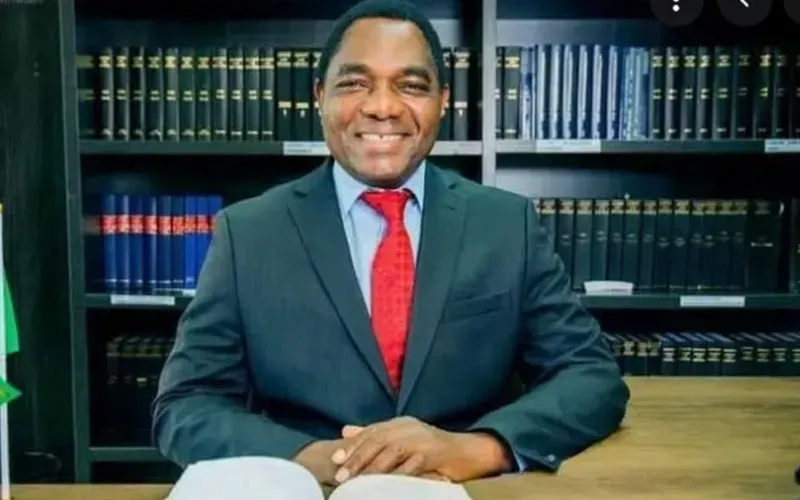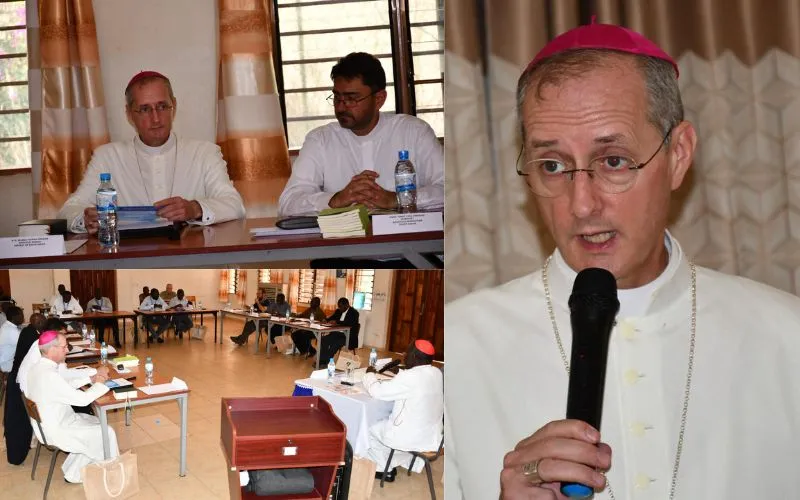Lusaka, 14 September, 2021 / 2:36 pm (ACI Africa).
Members of the Zambia-based Jesuit Centre for Theological Reflection (JCTR) have lauded President Hakainde Hichilema (HH) for his maiden address to the 13th Parliament that “struck the right codes” but, reflecting on previous speeches, wondered if HH would chart a new path and “walk the talk”.
“HH’s speech was brilliant and struck the right codes in all the areas. But Zambians have been treated to brilliant speeches before. Will HH and his team be different? Will HH and his team walk the talk?” the Jesuit scholars pose in their Monday, September 13 statement signed by JCTR Executive Director, Fr. Alex Muyebe.
JCTR officials add, “The nation is willing to give the new administration the benefit of the doubt as people wait to see how these brilliant ideas are going to be implemented with clear targets that will be periodically measured by all the stakeholders.”
In his September 10 speech titled, “Creating a United, Prosperous and Equitable Zambia, Restoring Economic Growth and Safeguarding Livelihoods,” HH vowed to strengthen the efforts in fighting corruption, highlighted his government’s economic recovery plan for the country, and pledged to foster democracy, among other promises.
In the September 13 statement, JCTR officials say, “From the faith dimension and social justice perspective, there is a lot from HH’s speech that calls for a deeper reflection.”








